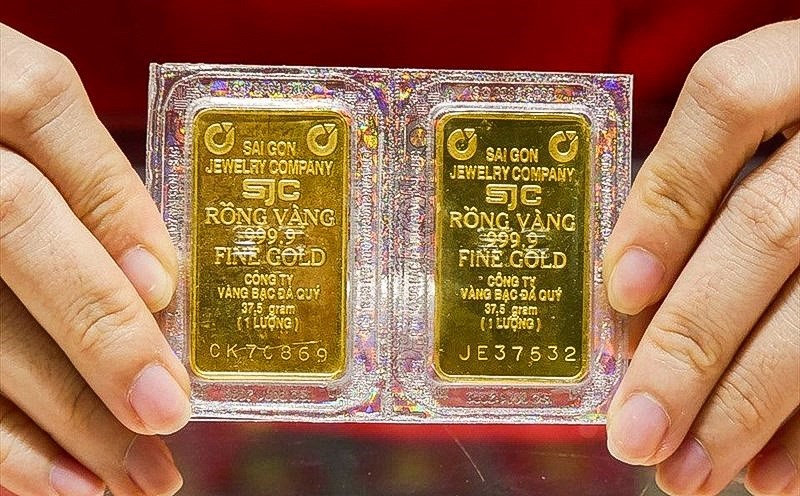According to SCMP , more than 1,000 years ago, a merchant ship of the Song Dynasty (960 - 1279) left the port of Guangzhou in southern China , carrying a large volume of raw materials enough for a small country.
The ship had not gone far when it sank to the bottom of the ocean near the coast of Taishan (Guangdong province, China) remaining intact until it was discovered in 1987.
The ship then underwent a comprehensive salvage project in 2007 and a decade-long excavation project (since 2013). The ship became one of the most important documents for understanding maritime trade during the Song Dynasty.
The core revelation from the wreck is that the ship was carrying a large amount of metal cargo, suggesting the ship may have been involved in a large-scale smuggling operation, a team of scientists from Guangzhou University said. .
“Despite the ban, smuggling of metal goods continued throughout the Song Dynasty, with no significant reduction in scale. This highlights the royal court's inability to control illegal smuggling activities," the researchers argued.

The research team pointed out that the laws of the Song Dynasty clearly stated the ban on metal exports, with many severe penalties. They believe that the royal court deliberately ignored and even encouraged smuggling activities at sea.
When the ship sank, the metals and raw materials on board were valuable items with quality far superior to countries in South Asia and Southeast Asia and were not allowed to be exported abroad. If traders are found violating the ban, their goods will be confiscated and they will be jailed.
“Iron was an essential material for military weapons at that time and the export of iron was banned by the Song Dynasty. Therefore, the 300kg of silver and 124 tons of iron carried by this ship are definitely contraband," the research team wrote.

Gold, silver and copper coins were also especially valuable at that time. The Song Dynasty enacted a law that did not allow merchants to bring more than 500 coins out of the country, violations were punishable by death.
"So far, about 30,000 bronze coins have been found in the ship, enough to sentence 30 people to death," the research team said.

Researchers point out that the ship was not capable of carrying tribute cargo and showed no signs of evading inspection. This shows that Song court officials allowed the ship to continue its journey even though they knew the ship was carrying smuggled goods.
They believe that the reason this ship was allowed to smuggle without penalty may be because the Song Dynasty pursued a policy of privatizing the maritime trade to reduce bureaucratic control over trade. .
The results of the ship's study have provided rare insights into the large-scale maritime trade of the Song Dynasty.











